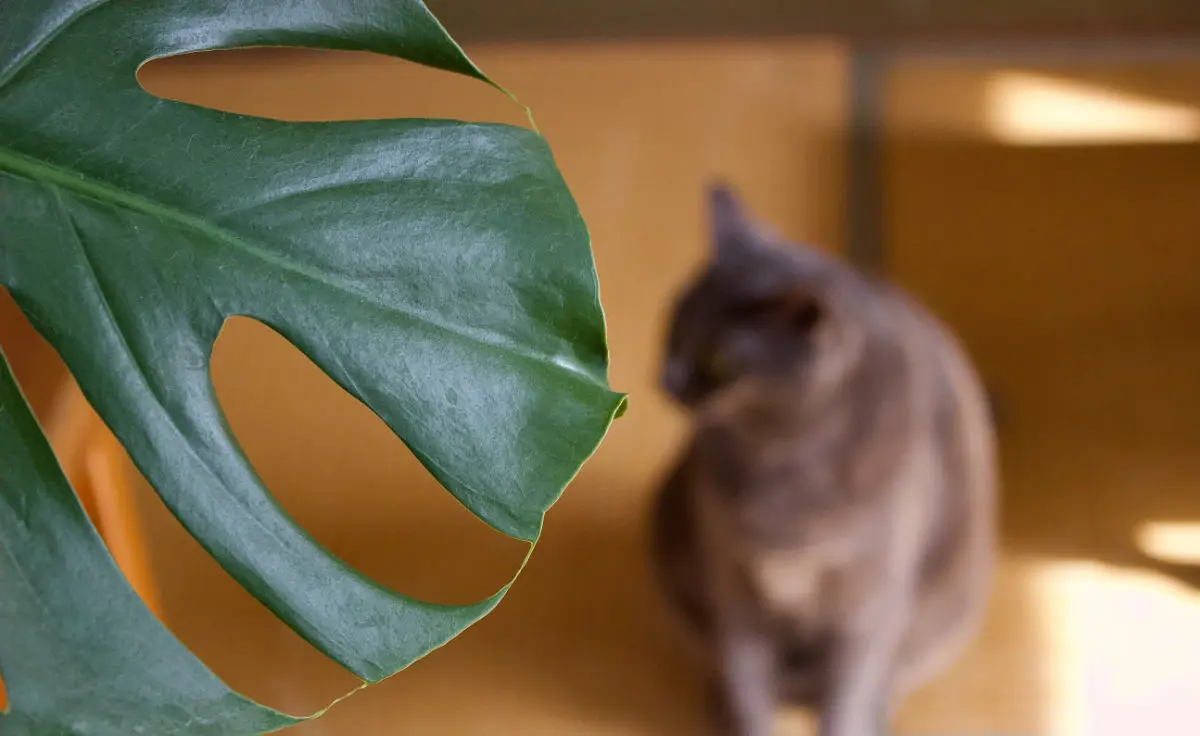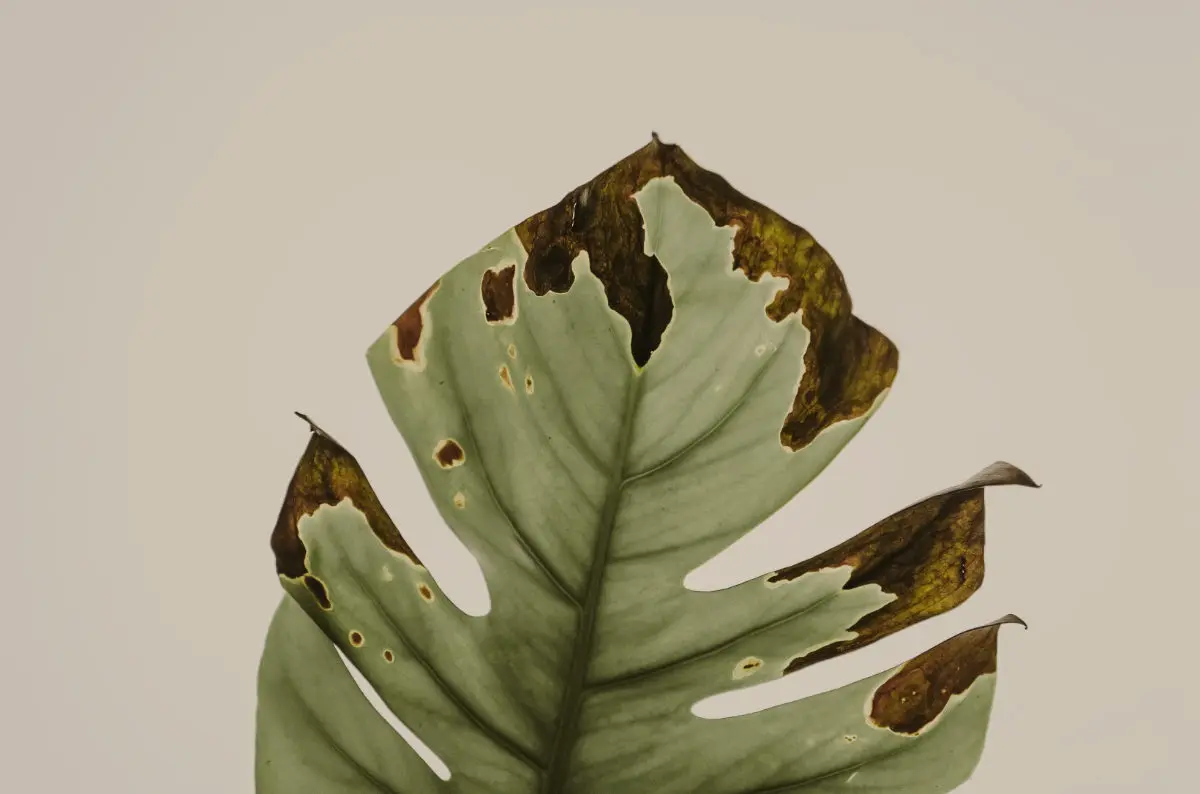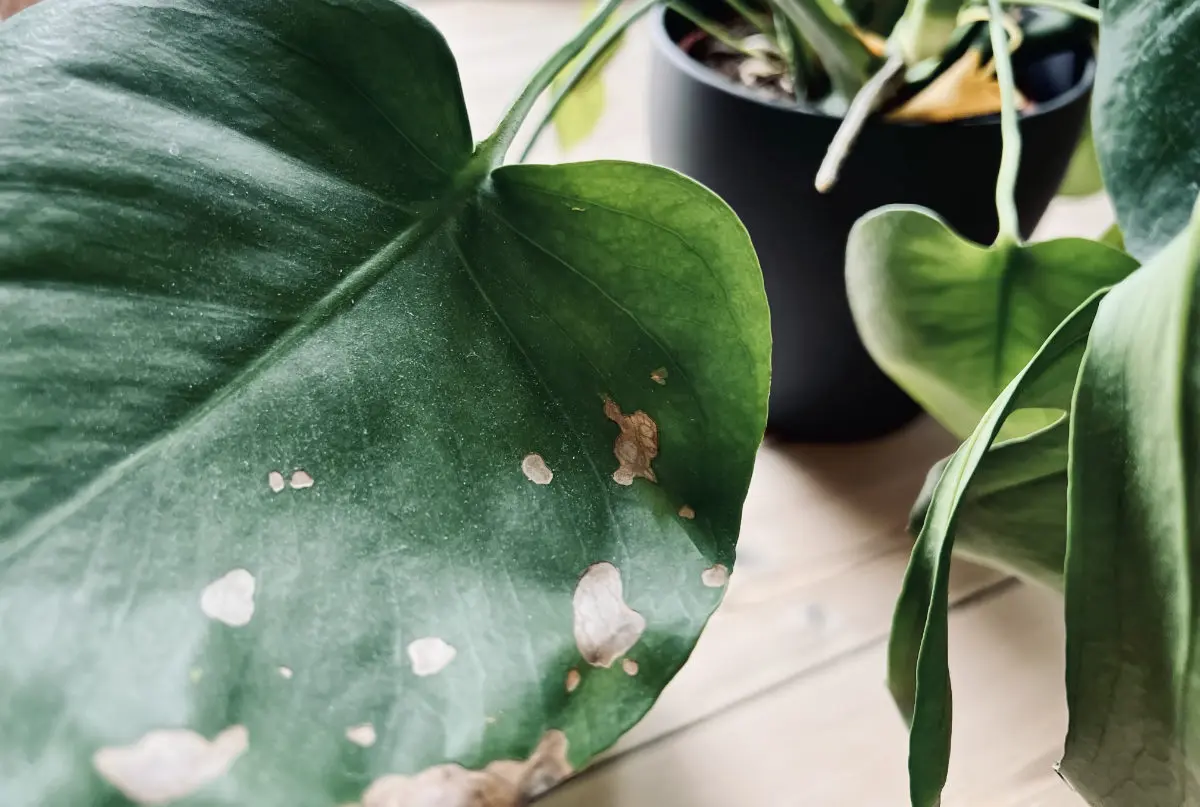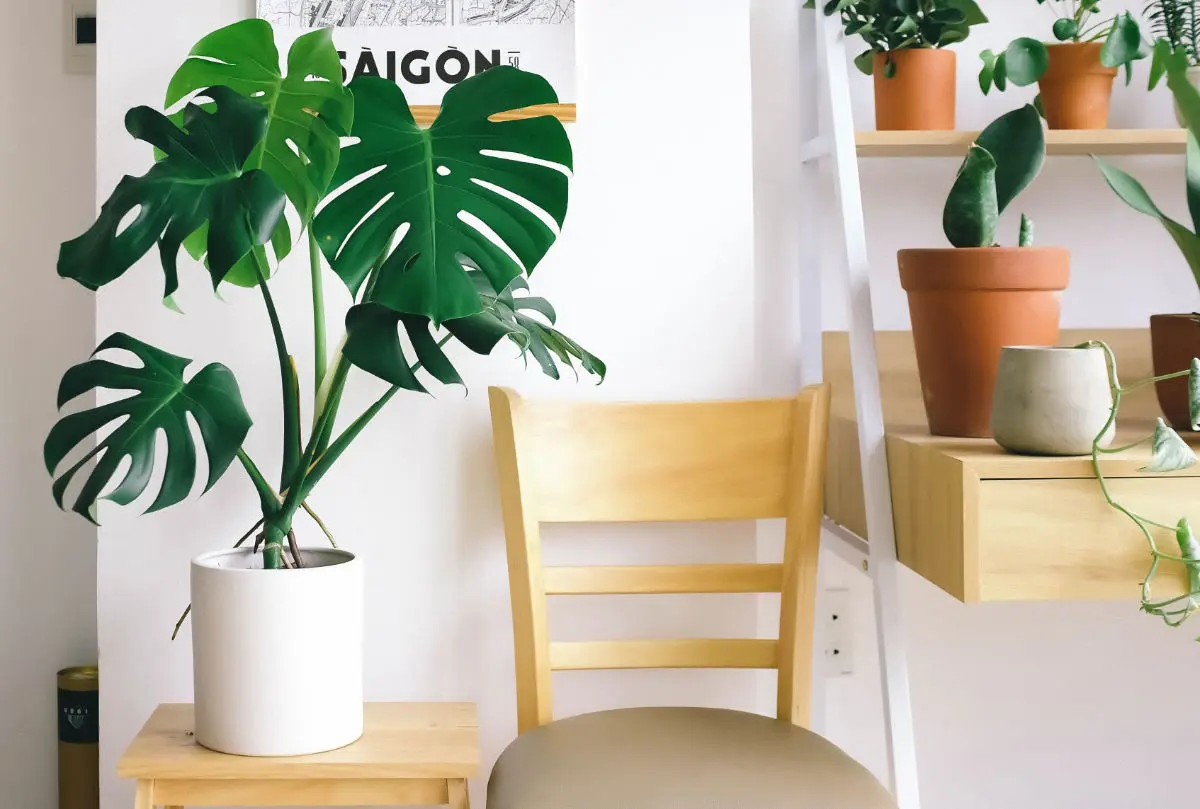Are Monstera Plants Toxic to Cats?
Many cat owners wonder if Monstera plants are toxic to their feline companions. This article provides information on whether or not Monstera plants are safe for cats and what precautions you should take to keep your pets safe.
By Tobias Holm
If you're a cat owner and a plant lover, you've probably heard the rumors swirling around about Monstera plants being toxic to cats. But is it really true?
In this article, we delve into the truth behind this popular houseplant and its potential dangers for your feline friends. Monstera plants, with their iconic split leaves and tropical allure, have become a staple in many homes and Instagram feeds.
However, the safety of these plants has raised concerns among pet owners. With conflicting information scattered across the internet, it's time to set the record straight.
Join us as we uncover the facts about Monstera plants and their toxicity to cats. From debunking myths to providing expert advice, we'll help you make informed decisions about keeping your furry companions safe without having to sacrifice your love for greenery.
So, let's separate fact from fiction and discover the truth about Monstera plants and their impact on the well-being of your beloved feline.
Common misconceptions about Monstera plants and cats
Monstera plants have gained immense popularity in recent years, but they have also garnered a reputation for being toxic to cats. This misconception has led many cat owners to avoid bringing Monstera plants into their homes altogether. However, it's important to distinguish between fact and fiction when it comes to the safety of these plants for cats.
One common misconception is that all Monstera plants are toxic to cats. While it's true that certain varieties of Monstera plants contain substances that can be harmful to cats, not all Monstera plants are created equal. It's essential to understand which specific varieties pose a threat and which ones are safe for your feline friends.
Another misconception is that Monstera plants are highly toxic to cats, causing severe illness or even death. While it's true that some cats may have adverse reactions to certain parts of the Monstera plant, the majority of cases involving Monstera toxicity in cats are relatively mild. However, it's still crucial to take precautions and be aware of the potential risks associated with these plants.
Understanding the toxicity of Monstera plants
To understand the potential dangers of Monstera plants for cats, it's important to delve into the science behind their toxicity. Monstera plants contain calcium oxalate crystals, which are needle-shaped structures that can cause irritation and discomfort when ingested. These crystals are present in various parts of the plant, including the leaves, stems, and sap.
When a cat chews or ingests any part of a Monstera plant, these calcium oxalate crystals can cause a range of symptoms, from mild irritation to more severe reactions. The severity of the symptoms depends on several factors, including the amount ingested, the size and breed of the cat, and the cat's individual sensitivity to the plant's toxins.
Are all Monstera varieties toxic to cats?
Contrary to popular belief, not all Monstera varieties are toxic to cats.
While some varieties, such as Monstera deliciosa, contain higher concentrations of calcium oxalate crystals and are potentially harmful to cats, other varieties pose little to no threat. It's important to research and identify the specific variety of Monstera plant you have before determining its safety for your feline companion.
Symptoms of Monstera plant poisoning in cats
When a cat ingests parts of a toxic Monstera plant, it can exhibit various symptoms of poisoning. These symptoms can range from mild to severe, and it's crucial to monitor your cat closely if you suspect it has ingested any part of a Monstera plant. Here are some common symptoms of Monstera plant poisoning in cats:
- Oral irritation: Cats may experience immediate irritation and discomfort in their mouth, tongue, and throat after ingesting a toxic Monstera plant. This can lead to excessive drooling, pawing at the mouth, and difficulty swallowing.
- Gastrointestinal upset: Ingesting a Monstera plant can cause gastrointestinal issues in cats. These may include vomiting, diarrhea, and loss of appetite. The severity and duration of these symptoms may vary depending on the amount of plant material ingested.
- Respiratory distress: In rare cases, cats with severe sensitivity to Monstera plants may experience respiratory distress. This can manifest as difficulty breathing, wheezing, or coughing. If you notice any respiratory symptoms in your cat, seek immediate veterinary attention.
It's important to note that these symptoms are not exclusive to Monstera plant poisoning and can be indicative of other health issues.
If you suspect your cat has ingested a toxic plant, it's always best to consult with a veterinarian for accurate diagnosis and appropriate treatment.
Steps to take if your cat ingests Monstera leaves
If you catch your cat nibbling on Monstera leaves or suspect it has ingested any part of the plant, it's essential to take immediate action. Here are some steps you can take if your cat ingests Monstera leaves:
- Remove your cat from the area: Safely remove your cat from the vicinity of the Monstera plant to prevent further exposure.
- Check for symptoms: Monitor your cat for any signs of oral irritation, gastrointestinal upset, or respiratory distress. Take note of the severity and duration of these symptoms.
- Contact your veterinarian: If your cat exhibits severe symptoms or you're unsure of the plant's toxicity, contact your veterinarian immediately. They will be able to provide guidance based on your cat's specific situation.
- Provide supportive care: Your veterinarian may recommend supportive care measures to alleviate your cat's symptoms. This can include administering activated charcoal to absorb any toxins, providing fluids to prevent dehydration, and offering a bland diet to soothe the gastrointestinal system.
Remember, prevention is always better than cure. It's crucial to keep potentially toxic plants out of reach of your cat to minimize the risk of ingestion. Even if a Monstera plant is considered safe for cats, it's still advisable to take precautions and prevent any accidental exposure.
Cat-friendly alternatives to Monstera plants
If you're concerned about the potential risks associated with Monstera plants and want to keep your cat safe, there are plenty of cat-friendly alternatives that can still satisfy your desire for greenery.
Here are some cat-friendly plants that you can consider:
- Spider plants (Chlorophytum comosum): Spider plants are non-toxic to cats and can add a touch of green to your home. They are known for their long, arching leaves and are relatively easy to care for.
- Boston ferns (Nephrolepis exaltata): Boston ferns are another safe option for cat owners. These lush, feathery plants can thrive in low-light conditions and make a beautiful addition to any room.
- Areca palms (Dypsis lutescens): Areca palms are safe for cats and can bring a tropical vibe to your living space. They have feathery, arching fronds and are relatively low-maintenance.
Remember to always research the specific plants you plan to bring into your home and ensure they are safe for cats.
Additionally, it's important to note that while these plants may be non-toxic, they can still cause gastrointestinal upset if ingested in large quantities. It's best to monitor your cat's behavior around any new plants and seek veterinary advice if you notice any unusual symptoms.
Precautions to keep your cat safe around Monstera plants
If you still want to have Monstera plants in your home despite the potential risks, there are precautions you can take to minimize the chances of your cat coming into contact with them.
Here are some tips to keep your cat safe around Monstera plants:
- Place the plants out of reach: Keep your Monstera plants in areas where your cat cannot access them. This can include placing them on high shelves, using hanging baskets, or using cat-proof barriers to limit your cat's access.
- Provide alternative distractions: Cats are naturally curious creatures, so providing them with alternative distractions can help redirect their attention away from your Monstera plants. Interactive toys, scratching posts, and window perches can all keep your cat engaged and entertained.
- Train your cat: Training your cat to understand boundaries and stay away from certain areas can be helpful in preventing unwanted interactions with your plants. Positive reinforcement techniques can be used to reward good behavior and discourage exploration of off-limits areas.
- Use deterrents: There are commercially available products that can be sprayed on plants to deter cats from approaching them. These products usually have a scent that cats find unpleasant, discouraging them from getting too close.
By implementing these precautions, you can enjoy the beauty of Monstera plants in your home while ensuring the safety of your beloved feline companion.
Conclusion: Balancing your love for plants and your pet's safety
In conclusion, not all Monstera plants are toxic to cats, but certain varieties can pose a risk if ingested. Understanding the potential dangers and taking appropriate precautions can help you strike a balance between your love for plants and your pet's safety.
By debunking common misconceptions, identifying safe alternatives, and implementing preventative measures, you can create a cat-friendly environment without sacrificing your green thumb. Remember to always research the specific plants in your home and consult with your veterinarian if you have any concerns.
Ultimately, with the right knowledge and careful planning, you can enjoy the beauty of Monstera plants while ensuring the well-being of your beloved feline friend.


